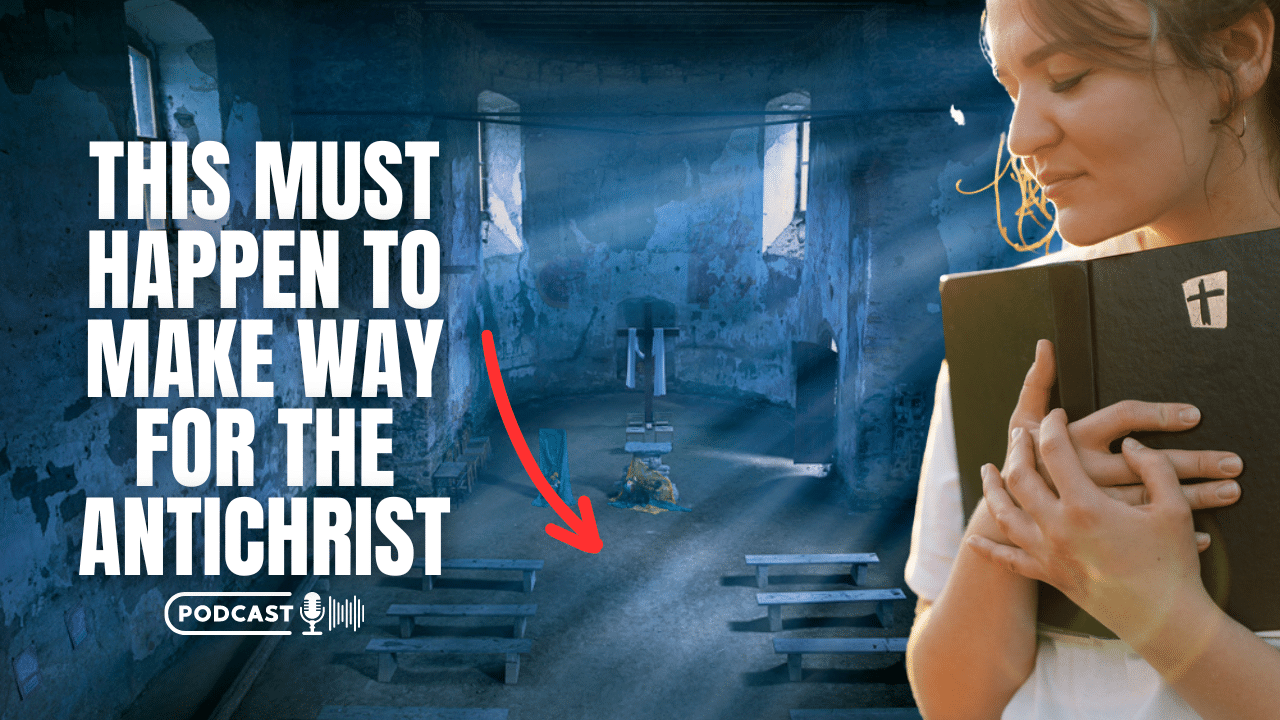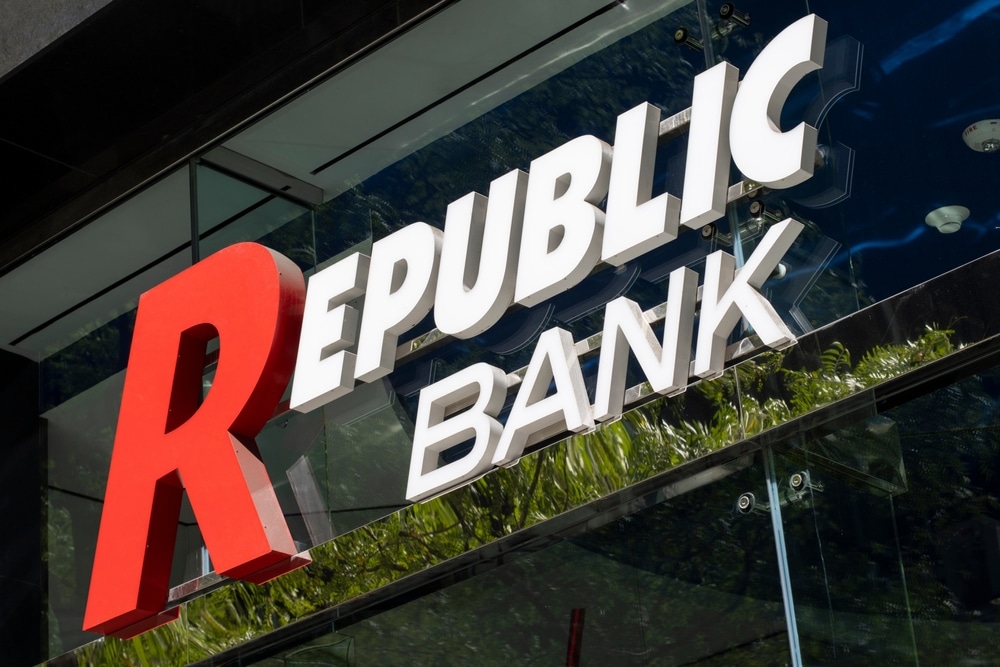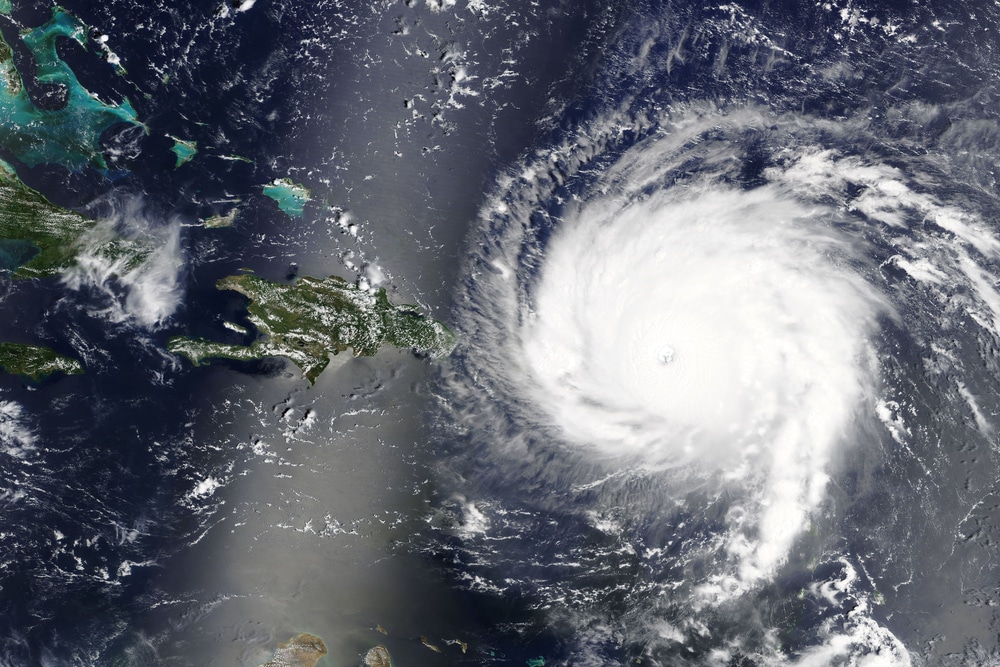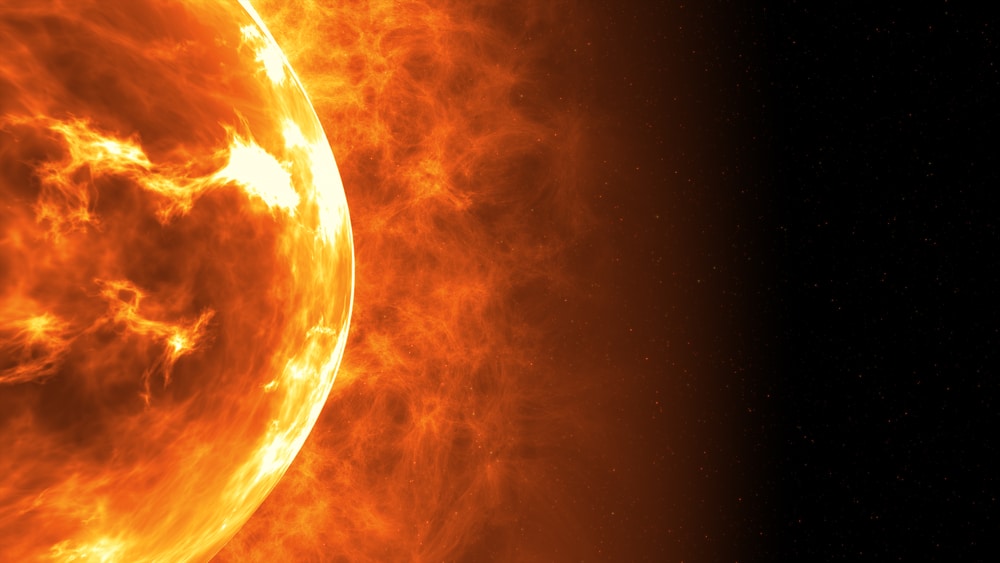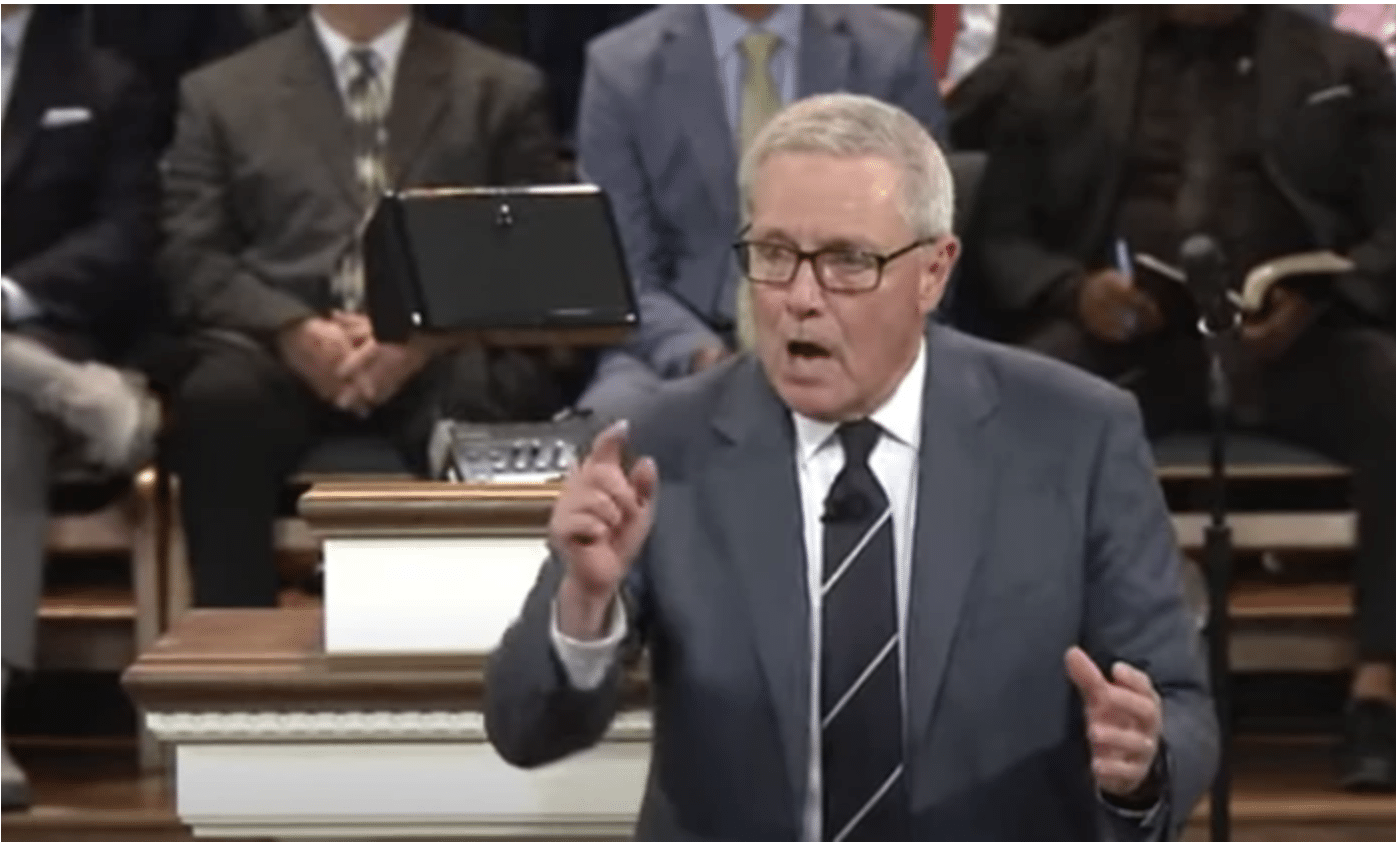(OPINION) Are we getting closer to that dystopian reality? In the light of the recent revelations that the government seeks personal information about who watched certain YouTube videos, a lot of people would say: “Oh, yes, we are!”
As the report goes, federal investigators have demanded information from Google about some undisclosed number of users: they needed their addresses, telephone numbers, and their YouTube activity.
One case involved undercover agents seeking to identify a suspect known as “elonmuskwhm”, suspected of illegal crypto transactions, by tracking viewers of certain YouTube tutorials.
This, of course, didn’t go well with privacy advocates, who raised concerns and argued such actions by the government may infringe upon constitutional rights, potentially treating innocent YouTube viewers as suspects.
Concerned activists say this is a trend that could expose sensitive personal information without probable cause, challenging the foundational principles of privacy and freedom in the digital age.
Let’s see what people almost 40 years ago thought about privacy leaks… and see if there’s a parallel to be drawn between then and now.
It’s 1987, Michael Jackson’s Bad album is making teenage girls faint, Hulk Hogan beats Andre the Giant in front of 93,173 people, Stanley Kubrick’s Full Metal Jacket is on the big screen and Ronald Reagan says to the USSR leader Mikhail Gorbachev: “Tear down this wall!”
Also, a judge by the name of Robert Bork was nominated to the Supreme Court. Some thought he had controversial views on privacy, so they pulled a practical joke on him and the media released his rental tape list. (READ MORE)



